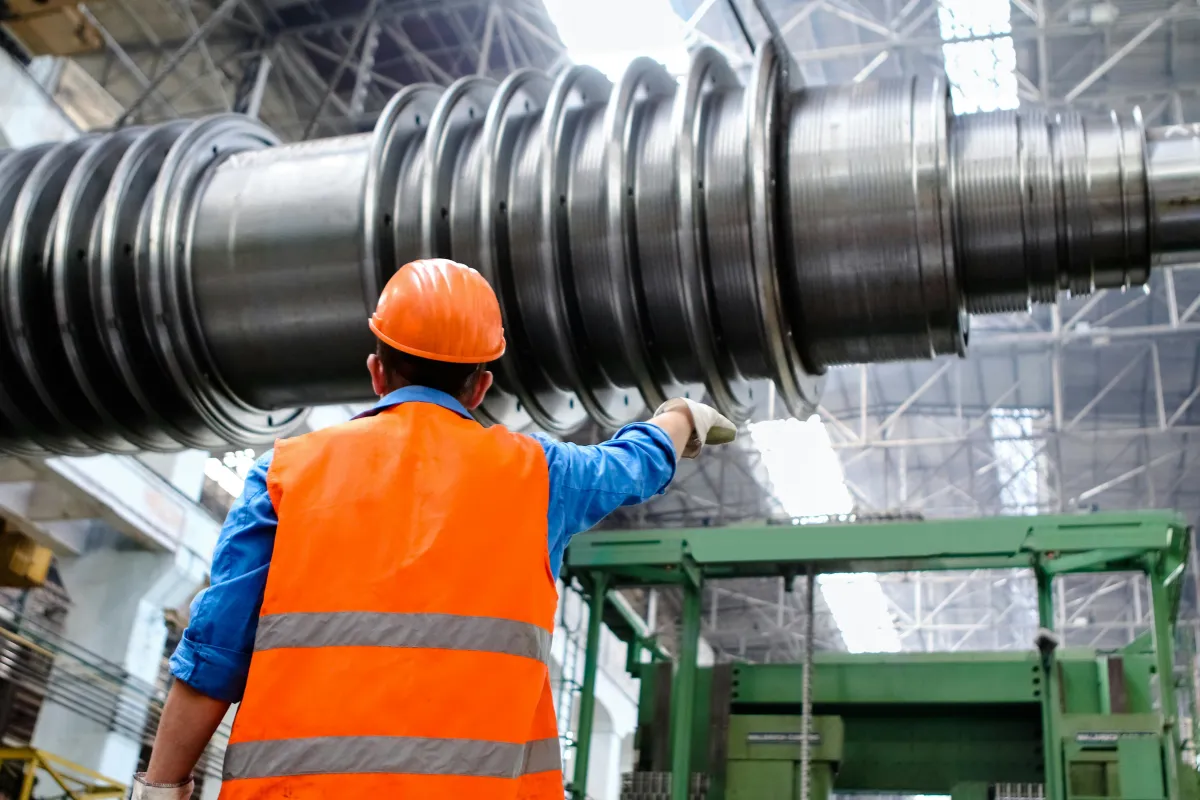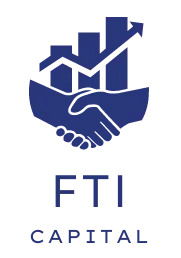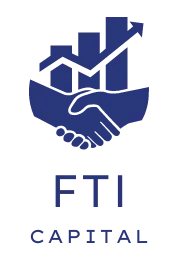Need Help? 602-560-6965
Loan Amount
$5,000 – 5M
Term
5 – 25 Years
Time to Funding
As few as 30 Days
Interest Rate
6 – 13%
Loan Amount
$5,000 – 5.5 M
Term
5 – 25 Years
Time to Funding
As few as 30 Days
Interest Rate
6 – 13%

Equipment Loans
A loan or lease specifically for the purchase of business equipment, where the equipment itself acts as collateral for the loan. Car loans and leases are a form of Equipment Financing.
Examples:
Machinery and vehicles for a farming operation
Milling machinery for manufacturing
Heavy equipment for a construction company

Equipment Loans
A loan or lease specifically for the purchase of business equipment, where the equipment itself acts as collateral for the loan. Car loans and leases are a form of Equipment Financing.
Examples:
Machinery and vehicles for a farming operation
Milling machinery for manufacturing
Heavy equipment for a construction company
Equipment Loans in Detail
Equipment loans come with a wide variety of structures and terms, from short term loans with daily payments to five years with monthly payments.
What you'll need to Qualify
. Minimum Credit Score: 600
. Minimum Time in Operation: 11 months
. Minimum Revenue: $100,000 annually
. Disclaimer: Minimum qualifications vary according to lender.
Equipment Financing
Equipment financing comes in two basic forms. First, qualifying businesses can borrow funds to purchase necessary equipment, everything from bulldozers to barbeques, where the equipment itself serves as collateral for the loan, much as with a car loan or lease. Or, with a Sale Leaseback Agreement, you may be able to borrow money against equipment you already own, and use that cash for expansion or other needs.
Equipment Financing goes by a number of different names. It's also known as an Equipment Finance Agreement (EFA), Capital Lease, Finance Lease, or $1.00 Buyout (because you can buy the equipment at the end of the lease for one dollar or similar small cash payment). In fact, most equipment leases have a Fair Market Value (FMV) residual, a fancy accounting term that just means you'll need to make a lump cash payment at the end of the lease if you want to keep the equipment.
Advantages
While equipment financing is sometimes the only option for startup or expansion, it can also be a great investment when capital exists for this purpose but could be put to better use elsewhere. Since the loan is secured against the equipment itself and often has no down payment, and you're not out of pocket for your purchases, you might find that making the interest payments on this kind of loan can actually increase profitability by allowing you to invest your available cash in areas of your business that will give a better return.
Equipment also has upkeep costs, requiring regular maintenance and occasional repair. Equipment financing may allow you to replace your aging equipment with new equipment for less monthly outlay then maintaining your existing equipment.
Finally, there can be significant tax savings as payments may be deductible, in full or in part, depending upon the equipment and structure of the loan.
Big Think can advise and assist you with finding the right kind of Equipment Loan for your business.
Types of Equipment Loans
There are a number of different types of Equipment Loan available:
Step-Up Step-Down
Do you run a seasonal business or a business where profitability is subject to market trends? A Step-Up Step-Down loan allows you to adjust payments so you pay more when business is good and less during slow times.
Quarterly Equipment Lease
If your business runs long term projects, or simply doesn't function on a financial month-to-month schedule, quarterly payments may be the answer.
Re-financing
Many leases have a payout at the end of their term, which you may not have the cash to cover. There are also situations where a slowdown in business or a freeing of capital for expansion or special projects may require a refinance. Alternatively, business may be booming and you might want to shorten an existing lease term to reduce losses to interest payments. Finally, an improvement in your credit rating might allow you to negotiate a better lease rate.
Sale Leaseback
A sale leaseback agreement allows you to sell existing equipment you already own to a lender for a lump sum cash payment at current fair market value. You then lease back the equipment, keeping it for your operations while accessing funds for other needs.
Fair Market Value Lease
Does your business rely on equipment with rapidly updating technology, such as the latest generation of computers or robotic vehicles and equipment? A Fair Market Value lease allows you to defer some of the purchase price to the end of your lease term. You then have the option to purchase the equipment at current fair market value, continue lease payments or return the equipment to the lender and upgrade to new equipment.
Lease or Loan?
There's a common perception that loans are better than leases due to the terms but this is not always the case. There are times when a lease makes good financial sense as lease payments can be written off as an operating expense.
Benefits and Drawbacks
Benefits
. Quick access to cash
. Limited paperwork
. Equipment serves as collateral
. Lukewarm credit OK
Drawbacks
. Down payment may be required
. Depreciation will reduce tax deductions
. May have large buyout at end of term
. Equipment subject to obsolescence
If you’re confused or need clarification about the qualifying requirements for the SBA 7(a) Loan Program, please contact us. We’ll be happy to help.
Equipment Loans in Detail
Equipment loans come with a wide variety of structures and terms, from short term loans with daily payments to five years with monthly payments.
What you'll need to Qualify
. Minimum Credit Score: 600
. Minimum Time in Operation: 11 months
. Minimum Revenue: $100,000 annually
. Disclaimer: Minimum qualifications vary according to lender.
Equipment Financing
Equipment financing comes in two basic forms. First, qualifying businesses can borrow funds to purchase necessary equipment, everything from bulldozers to barbeques, where the equipment itself serves as collateral for the loan, much as with a car loan or lease. Or, with a Sale Leaseback Agreement, you may be able to borrow money against equipment you already own, and use that cash for expansion or other needs.
Equipment Financing goes by a number of different names. It's also known as an Equipment Finance Agreement (EFA), Capital Lease, Finance Lease, or $1.00 Buyout (because you can buy the equipment at the end of the lease for one dollar or similar small cash payment). In fact, most equipment leases have a Fair Market Value (FMV) residual, a fancy accounting term that just means you'll need to make a lump cash payment at the end of the lease if you want to keep the equipment.
Advantages
While equipment financing is sometimes the only option for startup or expansion, it can also be a great investment when capital exists for this purpose but could be put to better use elsewhere. Since the loan is secured against the equipment itself and often has no down payment, and you're not out of pocket for your purchases, you might find that making the interest payments on this kind of loan can actually increase profitability by allowing you to invest your available cash in areas of your business that will give a better return.
Equipment also has upkeep costs, requiring regular maintenance and occasional repair. Equipment financing may allow you to replace your aging equipment with new equipment for less monthly outlay then maintaining your existing equipment.
Finally, there can be significant tax savings as payments may be deductible, in full or in part, depending upon the equipment and structure of the loan.
Big Think can advise and assist you with finding the right kind of Equipment Loan for your business.
Types of Equipment Loans
There are a number of different types of Equipment Loan available:
Step-Up Step-Down
Do you run a seasonal business or a business where profitability is subject to market trends? A Step-Up Step-Down loan allows you to adjust payments so you pay more when business is good and less during slow times.
Quarterly Equipment Lease
If your business runs long term projects, or simply doesn't function on a financial month-to-month schedule, quarterly payments may be the answer.
Re-financing
Many leases have a payout at the end of their term, which you may not have the cash to cover. There are also situations where a slowdown in business or a freeing of capital for expansion or special projects may require a refinance. Alternatively, business may be booming and you might want to shorten an existing lease term to reduce losses to interest payments. Finally, an improvement in your credit rating might allow you to negotiate a better lease rate.
Sale Leaseback
A sale leaseback agreement allows you to sell existing equipment you already own to a lender for a lump sum cash payment at current fair market value. You then lease back the equipment, keeping it for your operations while accessing funds for other needs.
Fair Market Value Lease
Does your business rely on equipment with rapidly updating technology, such as the latest generation of computers or robotic vehicles and equipment? A Fair Market Value lease allows you to defer some of the purchase price to the end of your lease term. You then have the option to purchase the equipment at current fair market value, continue lease payments or return the equipment to the lender and upgrade to new equipment.
Lease or Loan?
There's a common perception that loans are better than leases due to the terms but this is not always the case. There are times when a lease makes good financial sense as lease payments can be written off as an operating expense.
Benefits and Drawbacks
Benefits
. Quick access to cash
. Limited paperwork
. Equipment serves as collateral
. Lukewarm credit OK
Drawbacks
. Down payment may be required
. Depreciation will reduce tax deductions
. May have large buyout at end of term
. Equipment subject to obsolescence
If you’re confused or need clarification about the qualifying requirements for the SBA 7(a) Loan Program, please contact us. We’ll be happy to help.
Apply for a business loan right now!
Go forward to secure the capital your company need.
Apply for a business loan right now!
Go forward to secure the capital your company need.

Mailing Address:
3104 E Camelback Rd
Unit #7836
Phoenix, AZ 85016
Main Office:
3104 E Camelback Rd
Unit #7836
Phoenix, AZ 85016
© Copyrights 2024 FtiCapital. All Rights Reserved.
Designed By Vik_digitalz
